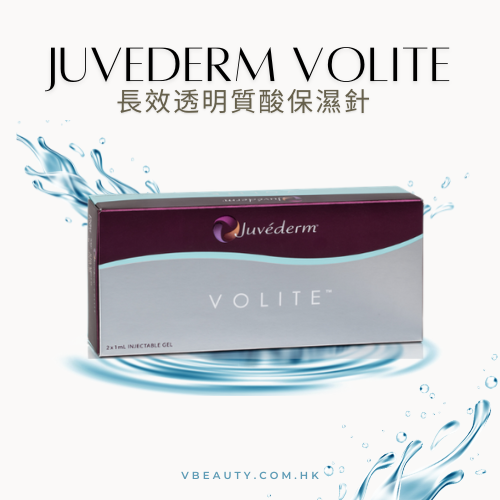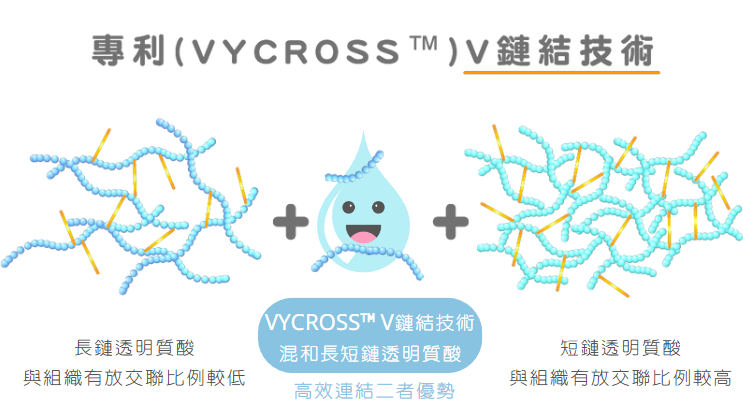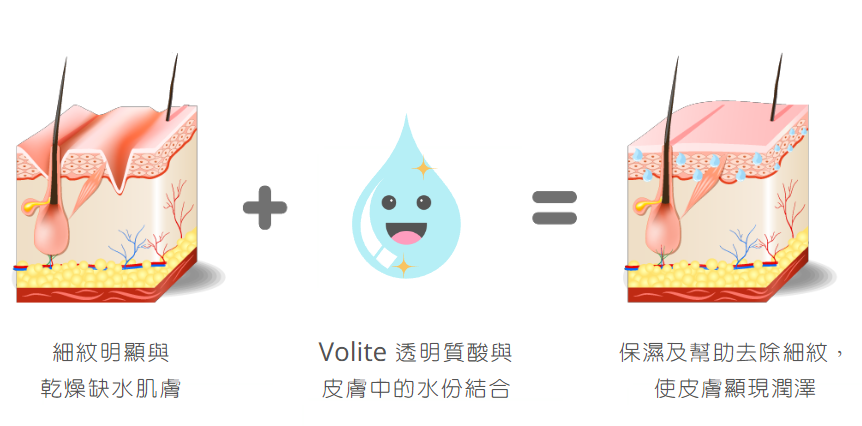 |
Juvederm Volite
Juvederm volume is a smooth and high cohesion injectable gel, made by the hyaluronic acid (a natural polysaccharide). This product can be injected into the mid to deep dermis for the correction of skin folds, such as wrinkles, nasolabial folds, tears ditch. |
|
The VYCROSS™ patented technology not only maintains the smooth and highly cohesive gel properties but also enhances adhesion, improving lifting effects, longevity, and reducing swelling. |
Ingredients of Juvederm Volite Long-Lasting Hyaluronic Acid Moisturizing Needle: The composition of Juvederm Volite includes hyaluronic acid and an anesthetic agent: lidocaine. Lidocaine is incorporated to reduce discomfort during injection and enhance overall treatment comfort.
Function of Juvederm Volite Long-Lasting Hyaluronic Acid Moisturizing Needle: Juvederm Volite, upon entering the skin, binds with the skin’s moisture. It effectively moisturizes and helps diminish fine lines. |
|
Hyaluronic acid (HA) is a key component of skin tissue and occurs naturally in the human body. VOLITE hyaluronic acid (HA), when introduced into the skin, binds with the skin’s moisture, providing hydration and assisting in reducing fine lines. |
Hyaluronic acid concentration: : 12 mg/mL
Treatment area: Whole face, hands, neck, chest and feet
Effert time: The effect lasts for 9 months during maintenance
Effect: ✓Improve skin elasticity ✓Moisturizing ✓Eliminate fine lines ✓Natural |




